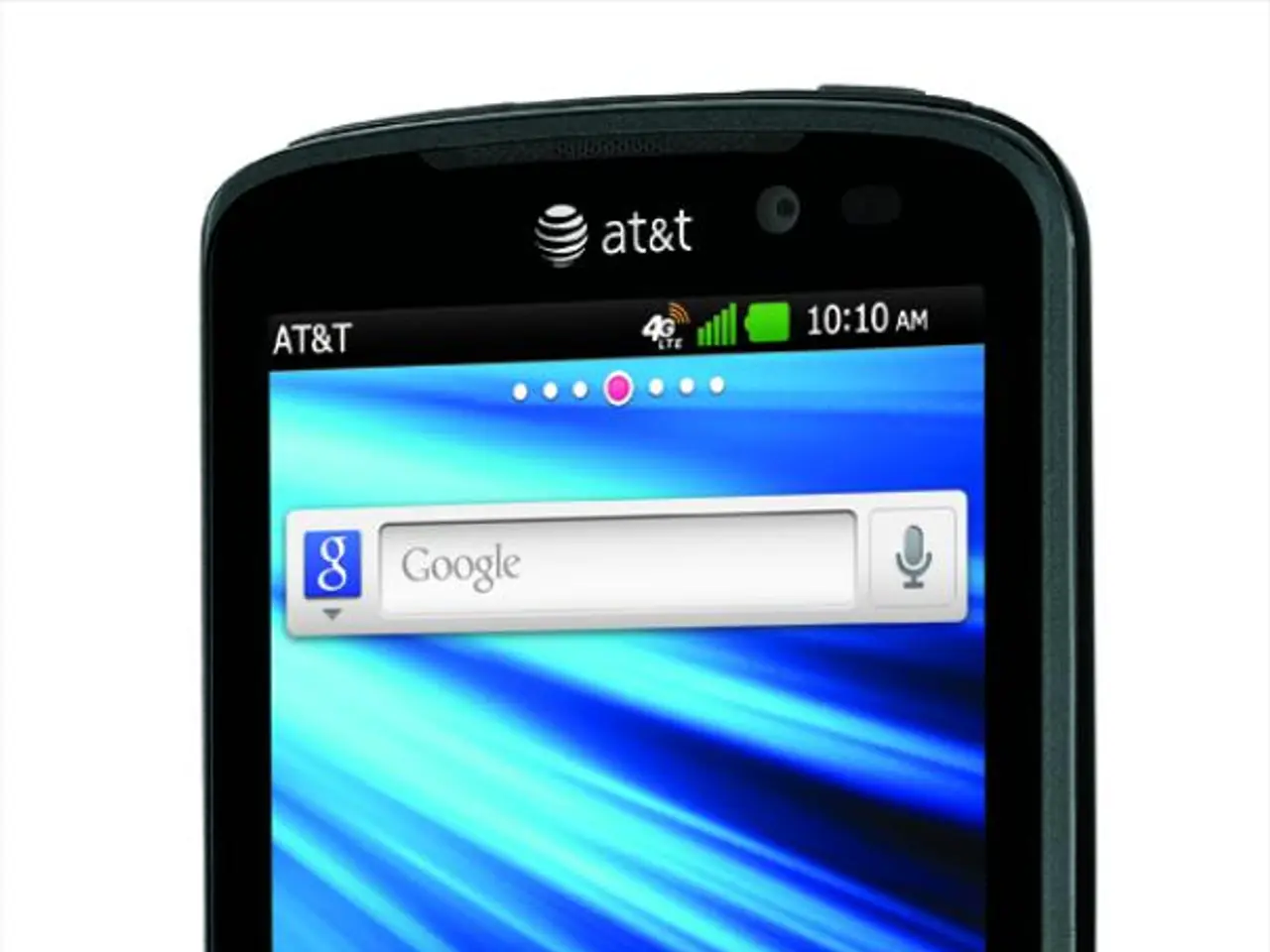Apple's long-standing resistance to installing third-party browsers on iPhones in Japan might be broken.
In a significant move, Japan's Mobile Software Competition Act, officially known as the Smartphone Act, will be enforced starting December 18, 2025. This legislation compels Apple to allow third-party app stores, alternative payments, and crucially, third-party browser engines on iPhones, effectively ending Apple's WebKit-only browser engine policy in Japan [1][4][5].
The law requires Apple to permit browsers running their own engines (not just WebKit) to be available on iOS devices sold in Japan. Users will be presented with a browser choice screen promptly after the first activation of their smartphone, enabling them to select their preferred browser [5]. This addresses Apple's longstanding restrictions that have effectively prevented browser engine competition on iPhones.
The Japan Fair Trade Commission (JFTC), which finalized the guidelines after a public consultation period, aims to ensure that Apple and Google do not use their dominant market positions to unfairly limit competition by excluding third-party app stores or blocking access to essential OS functions like Face ID and Touch ID for third-party apps [1][2][3].
Apple has expressed concerns that these changes could undermine user privacy and security, and voiced objections about sharing proprietary technologies with competitors without compensation [1][2]. Despite these objections, the JFTC's regulations are set to simplify the adoption process for developers compared to the slower implementations of similar rules in the EU.
Japan's approach joins similar regulatory efforts in the EU and UK; thus, 2026 is poised to be a pivotal year for restoring genuine browser competition on iOS, provided regulators enforce the rules diligently and Apple complies beyond superficial adjustments [5].
If Apple complies with the new regulations, real Chrome may finally be available on iPhones. Japan's potential regulations could go further than the EU's in terms of forcing Apple to open up its browser competition on iPhones. The new regulations in Japan are more stringent than the EU's in terms of compelling Apple to open up browser competition on iPhones [6].
Apple has historically kept the iPhone web experience locked to its own WebKit engine. The company has been known to employ strategies of "malicious compliance" when complying with regulatory demands. However, compliance with the new regulations would mark a departure from Apple's previous strategies [7].
The number of iPhones sold in Japan annually is equivalent to the entire population of Zimbabwe, making it a significant market that Apple cannot easily ignore [8]. Criticisms of Apple's monopolistic practices have sometimes been overshadowed by the quality of their products, with the iPhone and MacBooks being highly regarded for their quality [9]. However, Apple has been accused of using anti-competitive and bullying tactics [10].
In conclusion, the enforcement of Japan's Smartphone Act will bring about a major shift toward more open software competition on iPhones in Japan starting at the end of 2025. The quality of Apple's products will continue to be a prominent feature, but the company will need to navigate these new regulations to maintain its market position.
- The Smartphone Act, enforced in Japan from December 18, 2025, will require Apple to permit browsers with engines other than WebKit on iPhones, marking an end to Apple's exclusive browser engine policy in the country.
- The Japan Fair Trade Commission aims to prevent Apple and Google from using their dominant market positions to unfairly limit competition, particularly by blocking third-party app stores or access to essential OS functions for third-party apps.
- Apple has raised concerns about these new regulations, fearing that they could potentially compromise user privacy and security, and expressed objections about sharing proprietary technologies without compensation.
- If Apple complies with these regulations, it could lead to the availability of real Chrome on iPhones, signifying a departure from Apple's previous strategies of keeping the iPhone web experience locked to its own WebKit engine.




